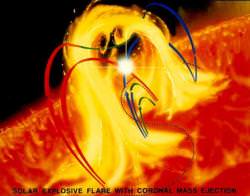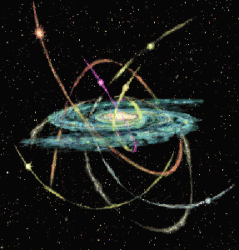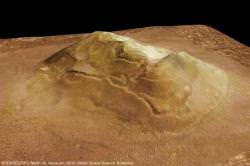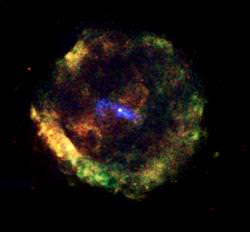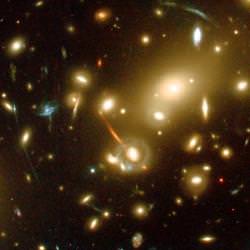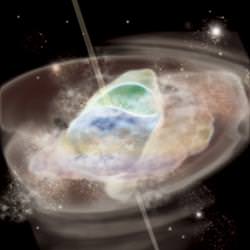It’s time to answer questions again, but this time we hope that you’ll take a minute and answer ours. We’ve written a brief survey that we hope you’ll take a minute to fill out. This survey will allow us to collect some general demographic information about our audience so we can make the show even better. We promise it doesn’t even ask your email address – and, if you fill it out, we’ll give you a link to a special, full-length episode that does not appear on our feed.
Click here to take the survey.
Click here to download the episode
Listener Survey – Show notes and transcript
Or subscribe to: astronomycast.com/podcast.xml with your podcatching software.




